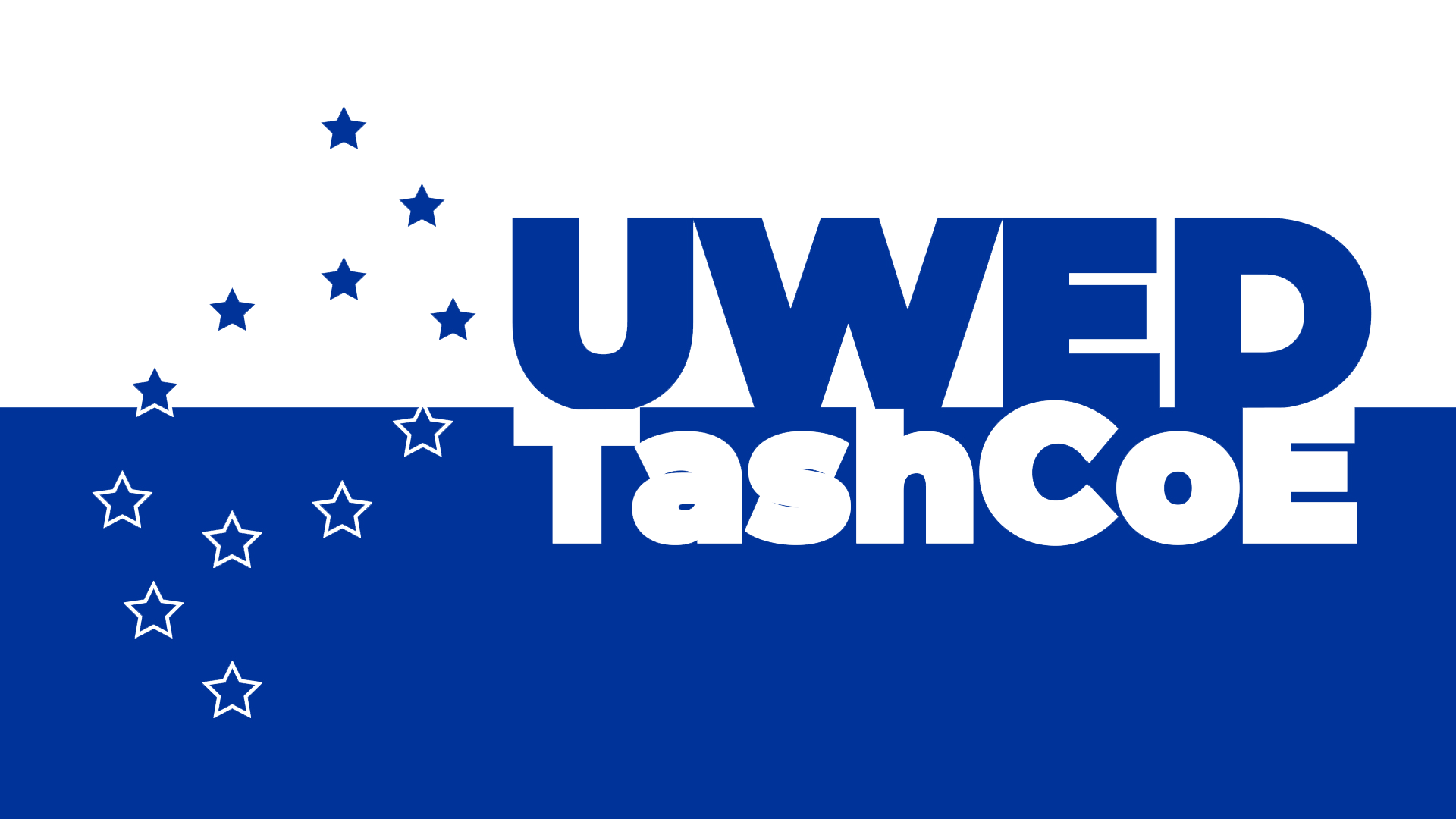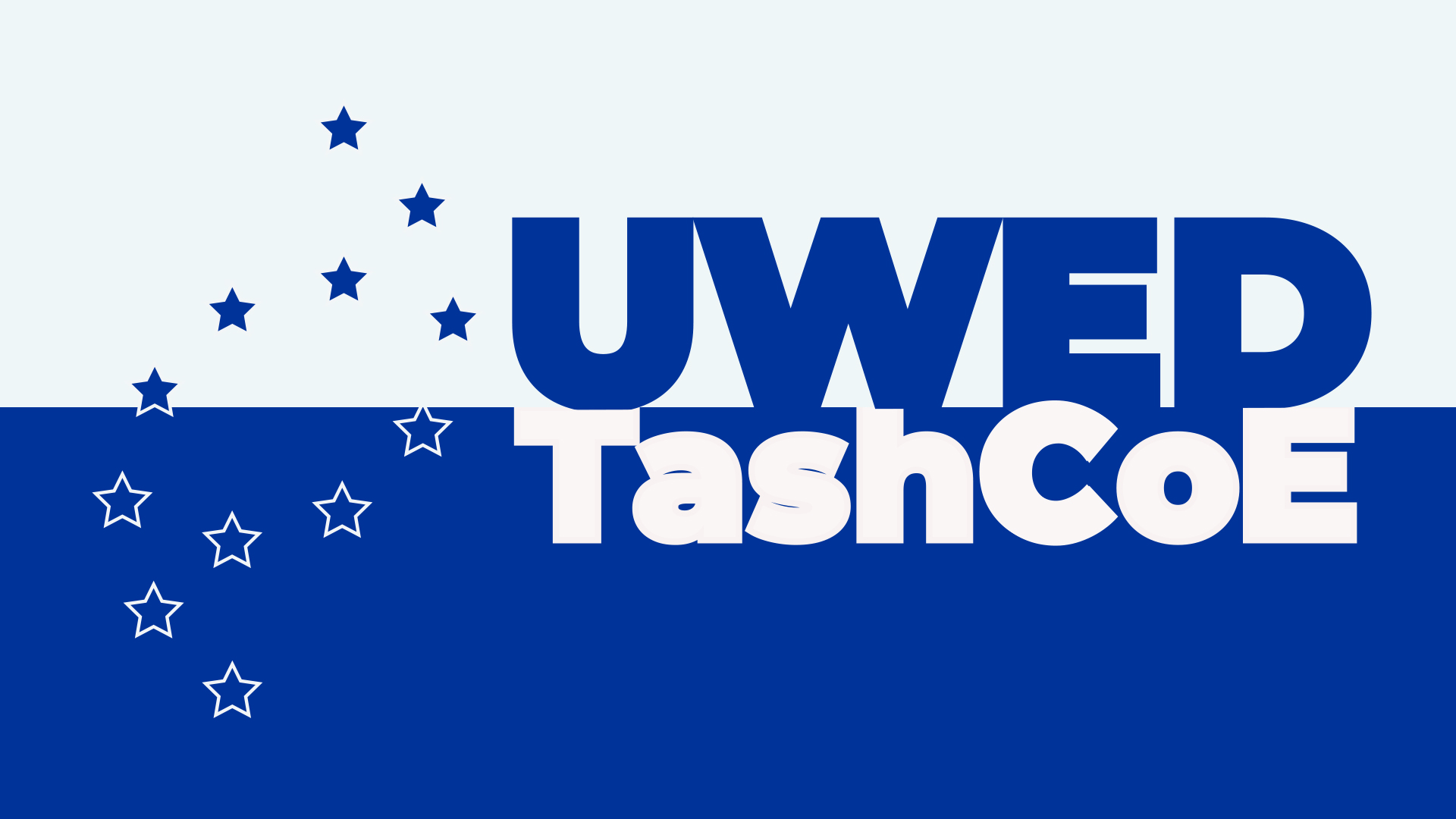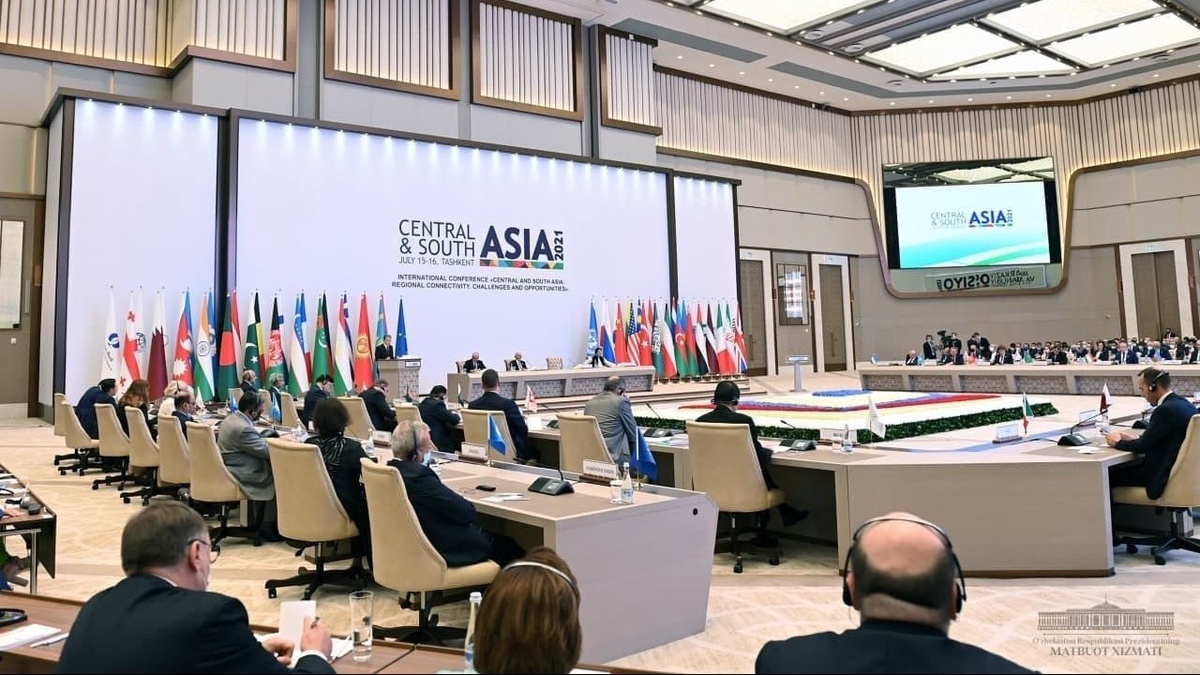Dear President [of Uzbekistan, Shavkat] Mirziyoyev, dear President [of Afghanistan, Ashraf] Ghani, dear Prime Minister [of Pakistan, Imran] Khan, dear Secretary-General [of the United Nations, António] Guterres, Ministers, Excellencies, Ladies and Gentlemen, it is a great honour for me to speak to you today on behalf of the European Union at this important event.
Today’s Conference stands as a tribute to the new spirit of regional cooperation in Central Asia to which you, President Mirziyoyev, have contributed so much. Thank you for this and for bringing us together today.
On behalf of the European Union, I therefore wish to share with you – and with all our partners in Central and South Asia – our strong support in your efforts to promote closer regional cooperation and to shape your own connectivity agenda.
These efforts are complementary and reinforce each other. The roads bringing together our continents, linking Europe, Central Asia, China and beyond have enriched us culturally and technologically for centuries. We must learn from all the initiatives and work together for a prosperous, peaceful and interconnected world.
The European Union is itself all about connectivity – our experience in building connections in Europe – in all meanings of this word – has resulted in the longest period of peace and integration in European history.
The COVID-19 pandemic has given a further impetus, in Europe and elsewhere, to the importance of promoting the diversification of supply chains and trade routes. The pandemic has further exposed the fundamental importance of connectivity for growth, security and resilience.
It has also taught us that we cannot address global challenges in isolation. We must work together to “build back better” and become more resilient.
Our ambition for connectivity is clear. It was set out already in the 2018 Strategy for Connecting Europe and Asia, and more recently, on Monday this week, the EU Foreign Ministers adopted a new policy entitled ‘A Globally Connected Europe’, which reaffirms the strategic importance of our support to sustainable connectivity globally. We are aiming at connectivity that has a transformative effect on economies and societies.
I wish to commend in particular your proposal to discuss today the long-term strategic importance of the North-South connectivity axes between Central and South Asia. Connecting Central Asia with new trade routes through South Asia is really a transformative opportunity – both economically and politically.
Central Asia has a strategic position in the middle of the way between Europe and South Asia, China and Japan . We are open for cooperation with all partners on the basis of our key principles: sustainability and level playing field.
We have set up cooperation agreements on connectivity with Japan, India and with China within our EU-China connectivity platform with a view to enhancing synergies between China’s Belt and Road Initiative (BRI) and the EU’s Trans-European Transport Network (TENT-T) policy.
We are launching a Joint Study on sustainable railway-based transport corridors between Europe and Asia that will be implemented by the European Bank for Reconstruction and Development and the Asian Infrastructure Investment Bank.
We know that the needs for infrastructure investment in Central and South Asia are massive. At a time when we are looking to post-pandemic recovery, infrastructure is both a prerequisite and itself a source of economic growth.
For the EU, connectivity within and with Central Asia is also in our own economic interests: the EU is the region’s top trading partner. We account for a quarter of Central Asia’s trade in goods. It is in our interest to see the region develop as a resilient, prosperous and more closely interconnected space.
This week as well, the European Commission announced a package of measures that will change the way we live in Europe, to make Europe the world’s first climate-neutral continent by 2050.
The “Green Agenda” will be at the core of the transformation to make the EU’s policies fit for reducing net greenhouse gas emissions by at least 55% by 2030. The EU is starting a new technology revolution that will fundamentally transform our economy and society for a fair, green and prosperous future. The goal of this revolution is to save our planet and limit the dramatic effects of climate change. We will therefore only succeed if we all embark on a similar path.
The EU is ready to play its “trail-blazer” role and to help open the way to others. The related opportunities for growth and development are immense.
In this endeavour, we need to be in constant dialogue with our partners world-wide so that the benefits of this approach can be shared and integrated into the ways we cooperate. Connectivity and the means we deploy to reinforce it will be essential in this regard.
Over the past decade, Foreign Direct Investment into Central Asia amounted to €270 billion. 40% of this – over €105 billion – came from EU countries. This means Europe is not only the biggest trading partner but also by far the biggest investor in the region. It is important that we continue to work towards building an environment that not only attracts more investment through equal level playing field, but also takes into account the future goals that this investment should help to attain, for the benefit of all.
The EU, including the European Investment Bank, has a significant track record in the region on support for connectivity. This includes our support for integrated border management, trade facilitation, energy interconnections, and people-to-people contacts. The European Investment Bank is co-financing the programme for Central Asia-South Asia electricity connectivity CASA1000 and is looking at railway connections between Central Asia and South Asia.
Looking ahead, the EU intends to step up cooperation for digital connectivity. We also want to intensify cooperation on water management and energy, to make sure that the cooperative management of these resources brings benefits in access to water and access to sustainable energy.
All in all, the opportunities arising from increased cooperation through connectivity in the region are immense, but they are also at risk.
Connectivity, stability, and security go hand in hand, and are pre-requisites for each other. But the bright vision I have just been painting about a Central Asia connected to Europe, South Asia and beyond is today facing a massive and urgent challenge. I am of course referring to current developments in Afghanistan.
A peaceful and stable Afghanistan is crucial for the stability and development of the whole region, and for our vision of connectivity. And it is also true that connectivity can be an essential building block for jobs, development and peace in Afghanistan. But today, we are witnessing a different reality.
We are all deeply concerned about the ongoing offensive by the Taliban, the sharp increase in civilian casualties, and the growing number of Afghans again feeling compelled to leave their country. An Afghanistan descending into chaos would expose the region to further drug trafficking, spreading of radical ideologies, terrorism and violence. And it would affect our own security, as Europeans.
Challenges in Afghanistan require an immediate and collective response.
I would like to focus on three main points in this regard:
First, lasting peace and stability in Afghanistan is a common goal and common responsibility for all of us present here today. If it is not achieved, all of us will lose, not just the Afghans. We are appalled to see the attacks on minorities, on civilians and targeted killings. Destruction and violence will disrupt connectivity endeavours and prevent economic development.
Secondly, there is no sustainable military solution to this conflict. A military takeover of Afghanistan by the Taliban or attempts to restore an Islamic Emirate are unacceptable – to a majority of Afghans, to countries in the region and to the international community. It would lead to non-recognition and isolation.
Thirdly, the EU stands firmly in favour of an inclusive, Afghan owned peace process leading to a negotiated political settlement. This requires the Taliban demonstrating that they are genuinely committed to a negotiated settlement.
Future support to Afghanistan by its major international partners, including the EU, will remain conditional on the preservation of the democratic achievements of the last twenty years.
These include the respect for fundamental rights and freedoms, including rights of women and the protection of minorities, strengthening of state institutions and fighting corruption.
We, who have gathered here today – neighbouring countries, regional stakeholders and international partners – have a collective responsibility to promote peace, security and development in Afghanistan. We must do this by engaging constructively in favour of a negotiated peace and by not supporting the continuation of violence. We need clear messages and concerted action.
Dear Mr President [of Uzbekistan, Shavkat Mirziyoyev], thank you for gathering us all today in your beautiful country. Your hospitality, in these difficult times, gives us a very timely opportunity to advance cooperation across borders in the interest of our citizens.
Excellencies, Ladies and Gentlemen, dear friends, I look forward to a day of intensive and fruitful discussions. Thank you for your attention.





 Русский
Русский O`zbek
O`zbek